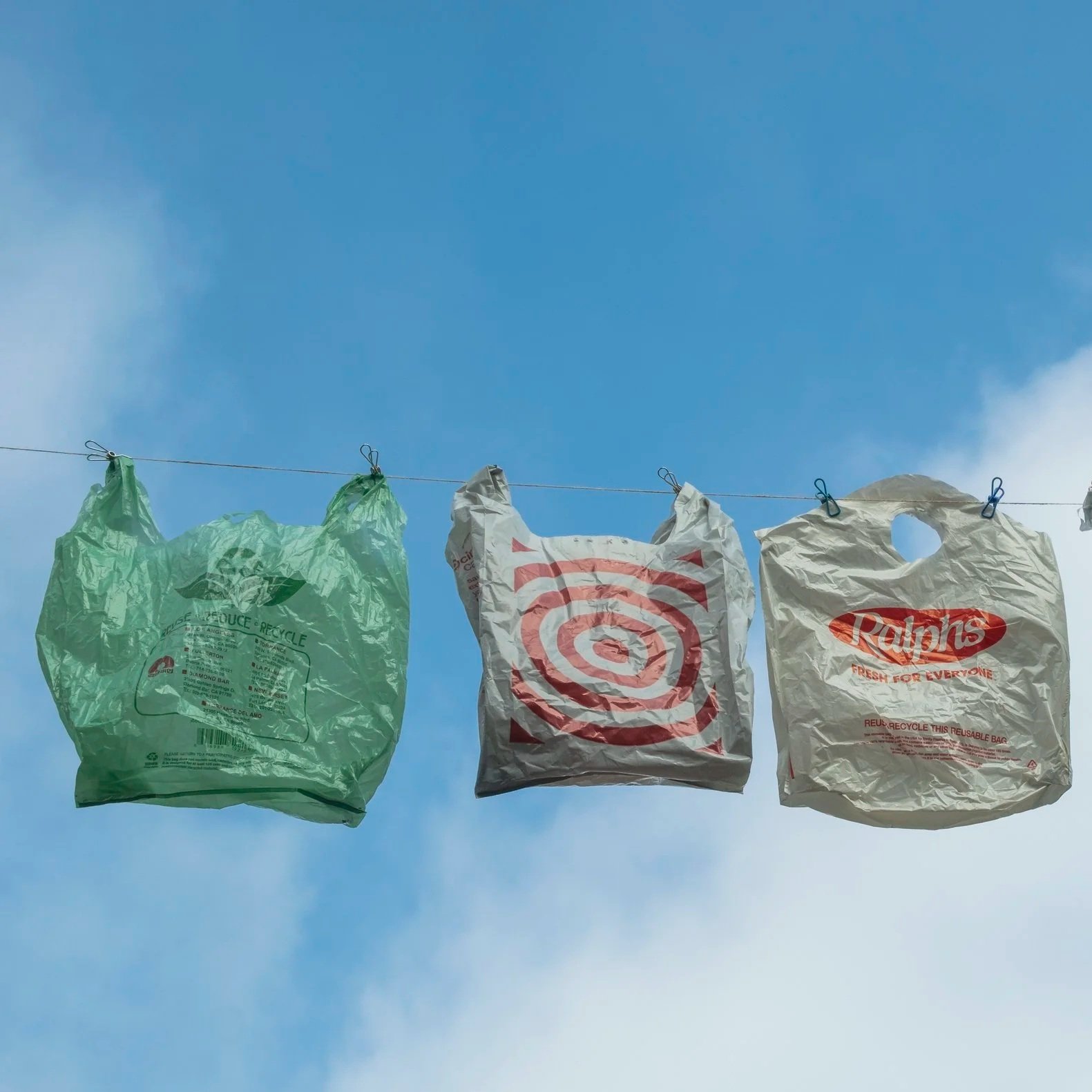Wildlife Rescue Response After Orange County Oil Spill
A squirrel sits on the cliffs edge while clean up crews can be seen in the distance cleaning up an oil spill that occured in Orange County, Calif. Numerous different species of wildlife have been affected by the disaster ranging from birds, fish, seals and numerous other living organisms in the remote area. (Jon Putman | The Corsair)
Cleanup crews wearing white hooded hazmat suits shoveled clumps of oil and tar into garbage bags and casted long floating booms along the California Coast after an oil pipeline burst Oct. 1, leaking up to 144,000 gallons of toxic crude oil into the waters just miles from Huntington Beach, CA. This spill is the largest of seven off of California's coast as of Oct. 12, 2021.
“The oil spill had an immediate impact on the community,” Adam Zagorski, a beach goer and longtime resident of Orange County, said. “But I am concerned about the long term impact on estuary habitats in Newport beach and surrounding areas.” Hundreds of volunteers who share Zagorski's concern for local wildlife flocked to the beaches to aid in cleanup and rescue efforts this past week.
The Oiled Wildlife Care Network (OWCN), the group responsible for managing the wildlife relief response, consists of 44 organizations including regulatory agencies, academic institutions and wildlife organizations working to rescue and rehabilitate oiled wildlife in California.
The OWCN is supported by 1,600 extensively trained volunteers on the ground. These volunteers follow systematic protocols, starting with reconnaissance and information gathering. Once this information is processed, a wildlife branch director disperses response groups based on the given task. The effort is then focused on proactive capture, stabilization, and rehabilitation according to the OWCN.
Director of the OWCN, Michael Ziccardi, said that threats to wildlife in the wake of an oil spill include potential “injury and mortality to all living things in the ecosystem.” He went on to say, “We know from research and experience that even a dime-sized drop of oil on birds can cause significant effects on their ability to stay warm.” This is why focusing on rapid rehabilitation from trained responders is key to reducing these short-term effects. Ziccardi also warned of long term lingering consequences of this spill in more sensitive local habitats.
The organization has responded to 106 oil spills since 1995, and has recovered, cleaned, and released at least 82 animals in this recent spill alone.
The Unified Response team is responsible for managing the entirety of the response and oil cleanup. It consists of Amplify Energy, the oil company responsible for the spill, alongside U.S. Coast Guard, California Department of Fish and Wildlife, and Orange and San Diego Counties. In a statement, Unified Response advised residents against consuming seafood from fishing in offshore waters due to the toxicity of marine populations. A class action lawsuit seeking damages has been proposed by commercial fishing and seafood companies against Amplify Energy.
Amplify Energy responded to an inquiry about public health, saying, “Due to the toxicity of the spill, residents and visitors are advised to avoid contact with ocean water and oiled areas of the beaches until they have been opened.” Amplified Energy declined to comment regarding the cause of the oil spill, stating that they cannot discuss ongoing investigations.











